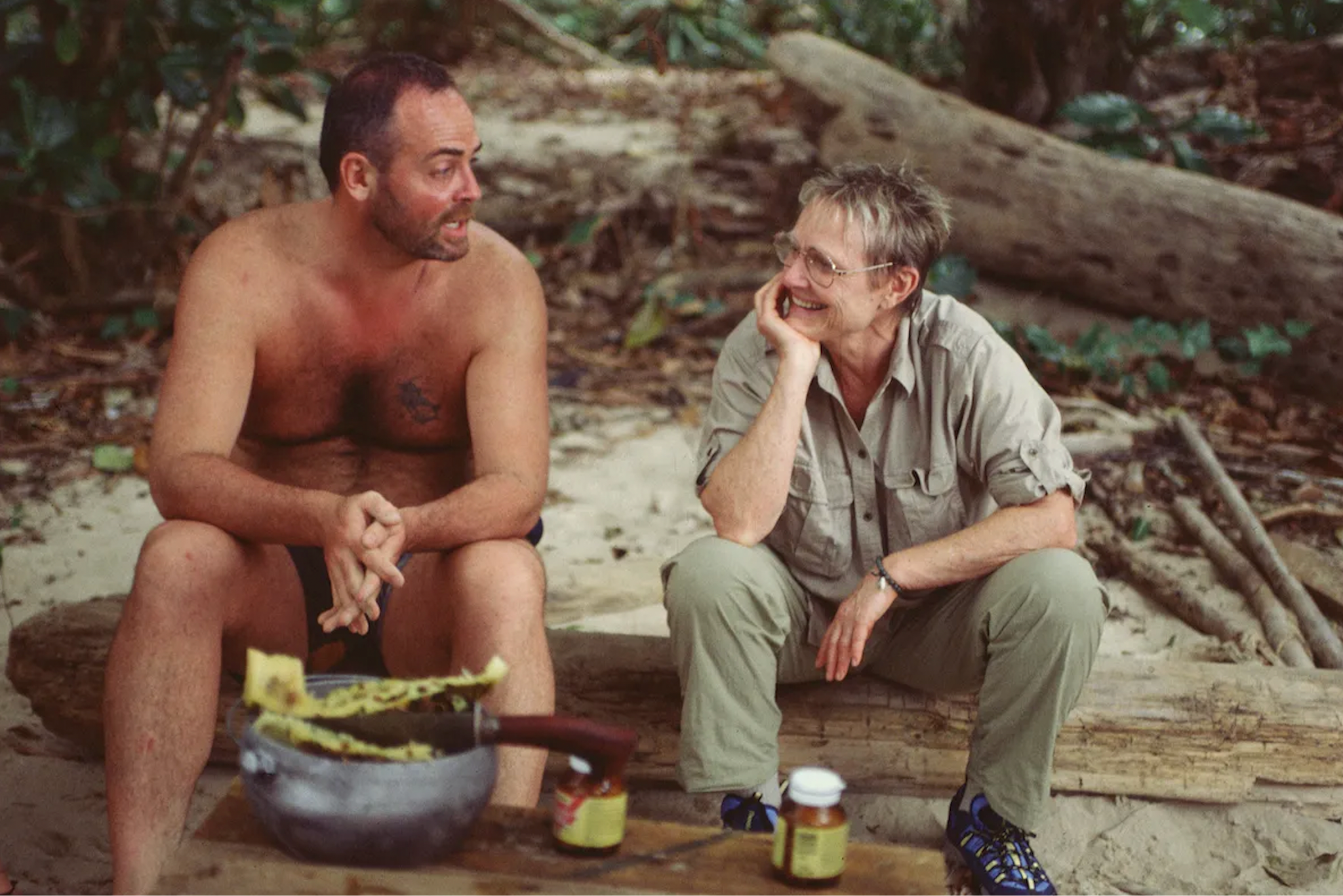Reality Television’s Gay Survivor
By SJ Austin
In the realm of reality television, few figures are as influential as Richard Hatch, an openly gay man and the first winner of Survivor. His victory not only solidified the format of the show but also had a profound impact on LGBTQ+ representation in the genre. Described by a fellow contestant as “openly arrogant, pompous, human being,” Hatch won the show's million dollar prize in a 4-3 vote, beating Kelly Wigglesworth who unlike him was young, sweet, and straight.
A reality TV show that has spanned multiple seasons and international adaptations, Survivor quickly became a cultural phenomenon after premiering in 2000 and has withstood the test of time, currently airing its 45th season. The show follows a group of contestants marooned on a remote island, tasked with forming alliances, conquering physical and mental challenges and outsmarting their peers. With weekly tribal councils where contestants are voted off one by one, the game's structure weaves an intricate web of alliances and betrayals. The show's format invites intense social dynamics, strategic gameplay, and personal revelations, fostering an environment where contestants' true selves are laid bare.
Richard Hatch, hailing from Newport, Rhode Island, emerged as a dominant figure in the inaugural season. Physically and socially capable, Hatch’s performance showcased LGBTQ+ individuals' ability to excel in competitive environments, breaking with the tropes of gay men as feeble or weak. He was renowned for his ability to manipulate the social dynamics of the game, orchestrating alliances and votes with precision. His gameplay was highly analytical and demonstrated a deep understanding of human behavior and the mechanics of 'Survivor'.
The combination of Hatch’s strategic gameplay and unabashed expression of his sexuality challenged stereotypes of gay men and broke ground for LGBTQ+ representation at a time when the country was still reeling from the AIDs epidemic. With homosexuality still generally stigmatized in mainstream media, Hatch’s choice to play and arguably perfect the game out of the closet, unapologetically, was groundbreaking.
Despite the potential for prejudice, Hatch remained unapologetically himself, navigating the game with intelligence and charisma. Especially compelling was his unexpected friendship with Rudy Boesch, a 72-year-old Navy veteran with conservative views. Despite Boesch's initial discomfort with Hatch's sexuality, the pair formed a powerful alliance, showcasing a surprising level of respect and understanding between two vastly different individuals.
The defining moment came when a jury of straight cast members voted for Hatch, an openly gay man, to win the million-dollar prize. Hatch's victory had far-reaching implications. It challenged the homophobic narratives prevalent in the media culture of the time, providing a stark contrast to the often stereotypical representation of gay characters on television. Hatch's portrayal was authentic, complex, and multifaceted, shattering the single-story narrative often associated with the LGBTQ+ community.
Post Hatch's win, reality TV witnessed an increase in LGBTQ+ representation. Shows began to include a more diverse array of gay individuals. This expansion of the “gay types” palette, as Advocate’s Erik Meers termed it, marked a step forward in the portrayal of the LGBTQ+ community on television. Hatch’s win symbolized a shift in societal attitudes, challenging stereotypes, and promoting acceptance. Even today, his name is synonymous withgroundbreaking LGBTQ+ representation in mainstream media.


